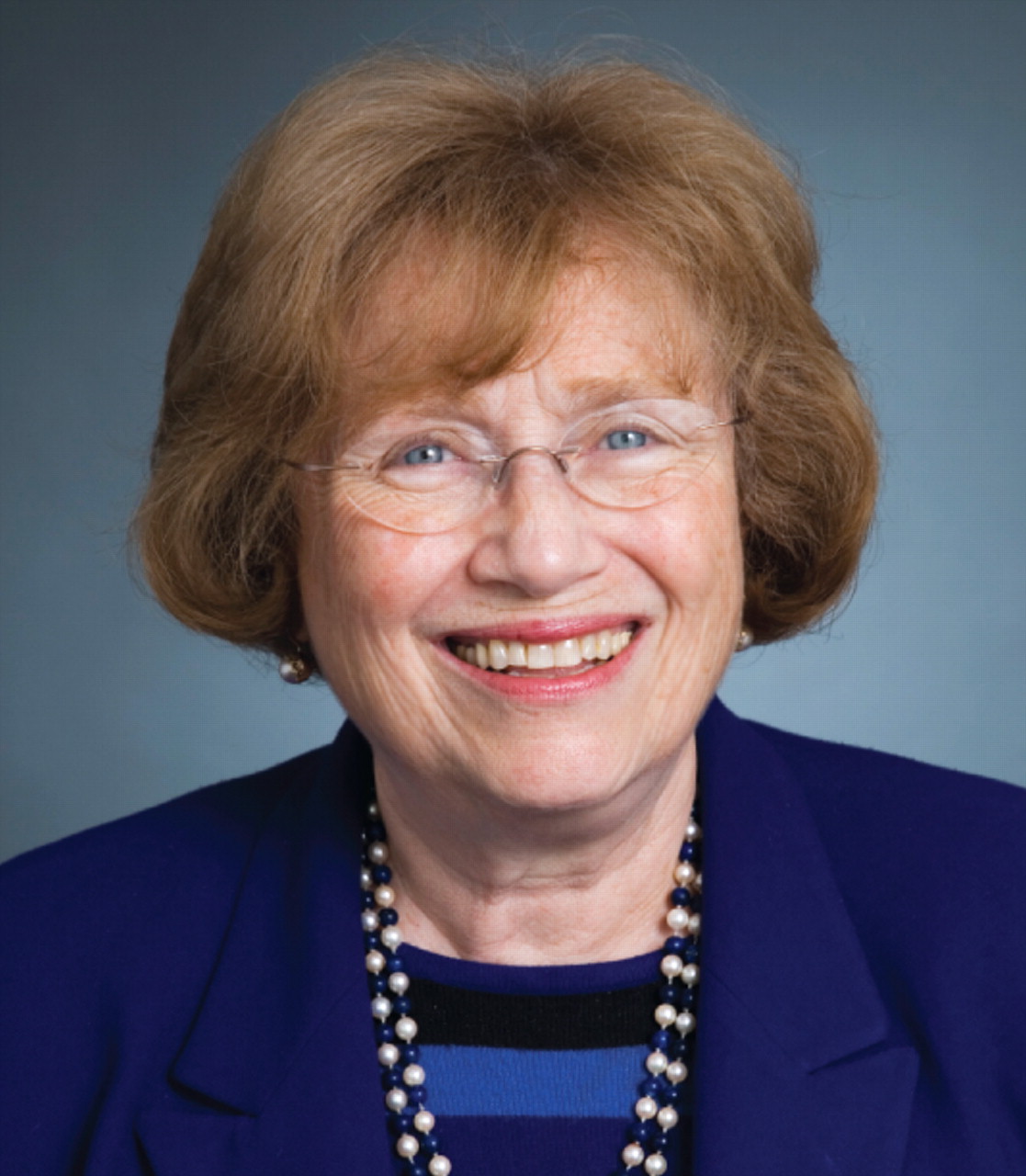I am honored to serve you and our profession as APA president and look forward to an active year on our behalf. Also, I am pleased to continue to work toward the goals of access, parity, and humane care as voiced by immediate past President Pedro Ruiz, M.D.
This past year, I met with psychiatry residents and early career and more senior psychiatrists representing diverse areas of practice from community mental health centers to academic institutions and solo private practice, and heard one question repeatedly: “Why should I be an APA member?” Some stated that they are members of subspecialty organizations focusing on specific patient populations, research, or care settings, and that participation in these organizations is less costly in dues, as well as more focused on their particular interest. They wonder why they should belong to a large organization, representing such a broad range of interests and issues.
Why do we have an APA, and if we did not, would we be forced to invent one?
APA's vision statement, as expressed on the Web site, states: “Its member physicians work together to ensure humane care and effective treatment for all persons with mental disorders, including mental retardation and substance-related disorders. It is the voice... of modern psychiatry. Its vision is a society that has available, accessible, quality psychiatric diagnosis and treatment.”
More simply put, APA's role is to help psychiatrists so that we can help our patients. As the only organization for all of psychiatry, our focus is advocacy and professionalism.
Primarily, A PA advocates for our patients and our profession by addressing health policy nationally and in the states and promoting nondiscriminatory access to appropriate care and protection of patient privacy, and working for fair and adequate compensation for our work. To do so, we collaborate with colleagues in other medical specialties and mental health professions, and partner with a host of patient advocacy groups.
APA's other priority is advancing professionalism, by enhancing our professional knowledge and skills through our first-rate publications and educational materials, our outstanding scientific meetings, and a strong code of professional ethics.
For APA to be most effective, it needs our support and participation. We must be members, providing through our national dues (which, by the way, have not increased for more than a decade!) funds to promote our efforts in advocacy and professionalism. We must also be advocates, partnering with staff to promote our professional objectives through communication with policymakers, professionals, patient advocacy groups, and the public.
As members, we may not all share the same priorities or means to the end. Different perspectives about the role of psychiatry, boundaries, and social issues, as well as clinical expertise or work setting, can consume energy and cause us to lose sight of our goals. Smaller organizations or sub-specialty groups are important, and shared purpose promotes affinity and satisfaction, but the strength of having a more narrow focus is also a limitation. Smaller groups need and depend on a vigorous APA to represent them and promote their area of expertise and concern. APA's success will benefit all—nonmembers as well as members and their patients—and we need the investment and participation of more than a few to fulfill the promise for the field.
APA promotes science, advocating for research on prevention, treatment, and the economics of care, including cost offsets. APA provides leadership in psychiatric diagnosis (and a future column will address plans for DSM-V) and treatment, develops outstanding educational programs and products, and works for pocketbook as well as patient-care issues. Our voice is heard and respected in Congress and in the states, the courts, and increasingly the media. The public has begun to understand the importance of mental health as part of overall health, and stigma, while unfortunately still present, is on the decline.
What can we members do? Be informed. Let APA reach you directly. Is your e-mail and telephone information up to date? Check online at<www.psych.org> or by e-mail at
[email protected]. Let your voice be heard, interact with APA staff and leaders (call the Answer Center at [888] 35-PSYCH to have questions answered or to locate your local Assembly representative), and share your knowledge with colleagues who may not know what APA does for them or their patients.
To that end, the value of membership is measured in process as much as products. The benefits are a strong profession and a cared-for public. Working together, we can attain our goals. ▪

